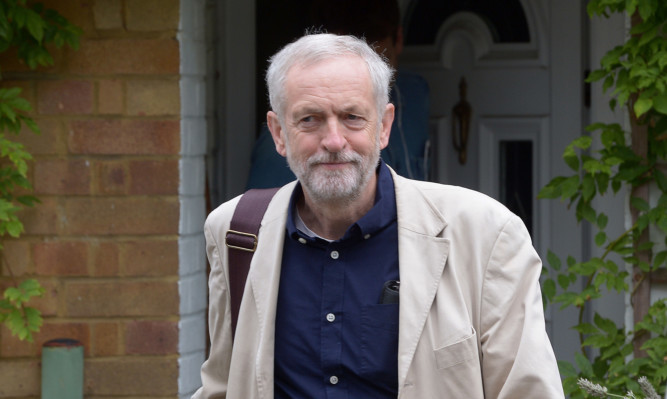Jeremy Corbyn has handed key shadow cabinet roles to both allies and rivals as he starts the tough task of maintaining party unity after his shock election as Labour leader.
Fellow left-wing serial rebel and campaign manager John McDonnell is charged with translating the anti-austerity message that helped sweep his close ally to victory into vote-winning policies as shadow chancellor.
And Andy Burnham, the only one of Mr Corbyn’s three leadership rivals not to refuse to join his frontbench team, is shadow home secretary – replacing Yvette Cooper, who will oversee a taskforce on the refugee crisis.
The new regime sought to play down complaints that the all of the most senior roles were given to men by indicating that overall there would be a majority of women in the shadow cabinet.
Labour MP Diana Johnson hit out at “old fashioned male-dominated Labour politics” after Hilary Benn was kept on as shadow foreign secretary, the fourth of the most senior roles, and veteran Blairite Lord Falconer was given the justice brief.
It was also announced that Angela Eagle would be shadow first secretary of state as well as shadow business secretary – meaning she would stand in at Prime Minister’s question time when Jeremy Corbyn is absent.
Mr Corbyn has already indicated however that he hopes to rotate responsibility for the weekly Commons session.
Heidi Alexander is shadow health secretary, Diane Abbott will cover international development, Seema Malhotra will be Mr McDonnell’s number two as shadow chief secretary and Rosie Winterton remains chief whip.
During a day of fraught negotiations in the Commons over the make-up of the frontbench, more prominent names were also added to the list of moderates unwilling to serve under the new regime.
Chuka Umunna returned to the backbenches with a stark warning shot over Europe after Mr Corbyn was unwilling to guarantee that Labour would campaign to remain in the European Union in the forthcoming referendum.
Mary Creagh also stepped down while Ivan Lewis was removed from the Northern Ireland brief despite offering to stay on temporarily to help deal with the political crisis at Stormont.
Liz Kendall, who came last of the four candidates in the leadership race, Tristram Hunt, Rachel Reeves, Chris Leslie, Emma Reynolds and Jamie Reed have all ruled themselves out.
Mr Corbyn was declared Ed Miliband’s successor on Saturday on the back of a surge of support from activists that saw him attract a massive 59.5% of votes – topping the ballot among party members as well as trade unionists and new supporters.
Deputy leader Tom Watson said the size of the mandate meant there was “zero chance” of a successful coup being launched to topple the leader, but conceded Mr Corbyn would have to make compromises in key areas.
Union leaders also warned the new leader would have to temper long-held stances – such as his opposition to Britain’s nuclear deterrent as well as on Nato and the EU in the interests of party unity.
Mr Corbyn is expected to make his first appearance on the Commons frontbench of his entire 32-year career as an MP as he leads the party in opposing the Government’s anti-strike laws.
He will also address his first meeting as leader of the Parliamentary Labour Party.
